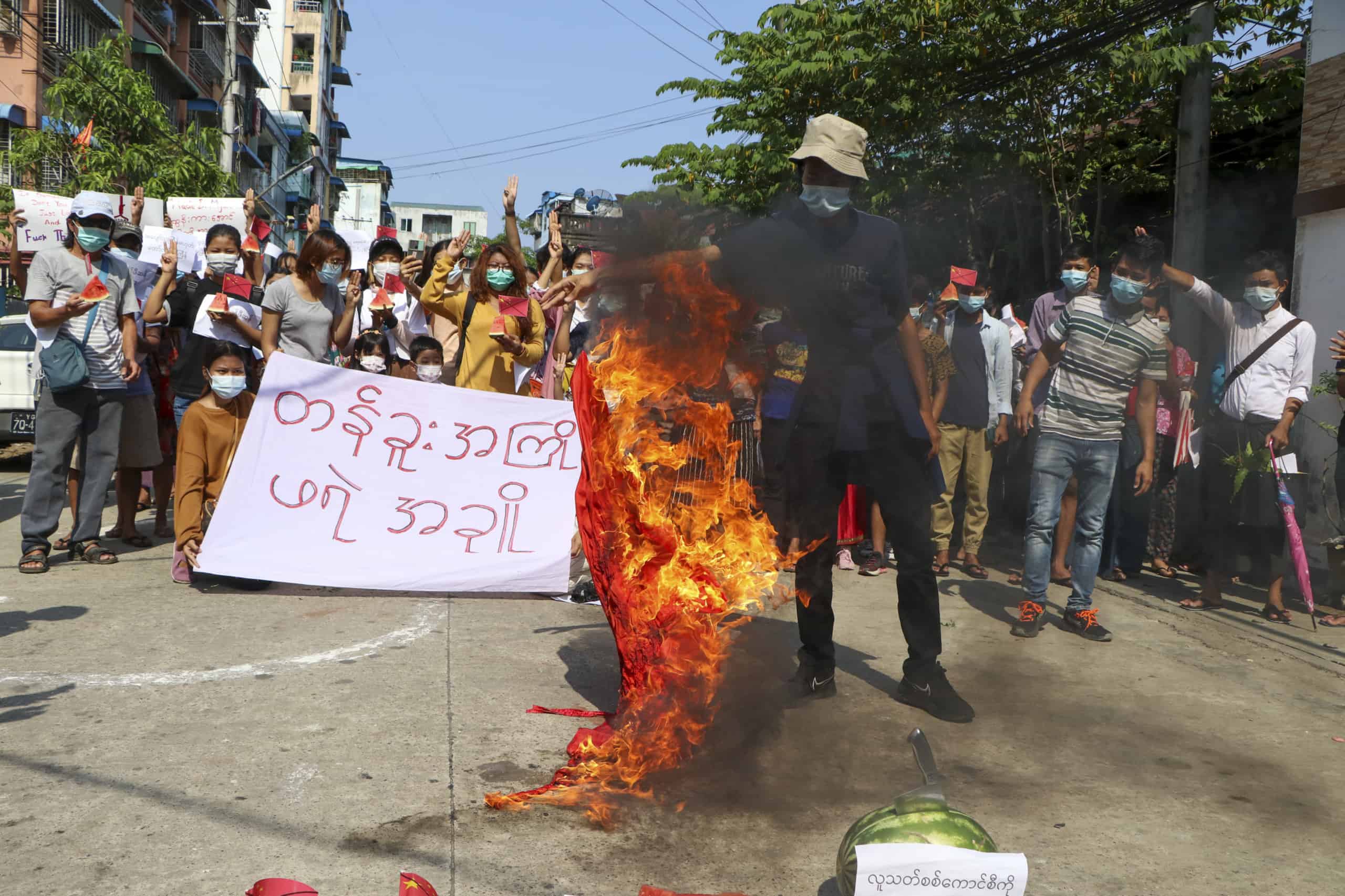Almost six months have passed since the military coup in Myanmar that shocked the world. Some observers initially hoped that China, for years the southeast Asian nation’s most consequential external partner, would use its influence to try to reverse the generals’ takeover. Instead, it has become increasingly clear that Beijing has now accepted the return of military rule. This apparent acquiescence raises several questions over China’s future role both in Myanmar and beyond.
For f
Subscribe or login to read the rest.
Subscribers get full access to:
- Exclusive longform investigative journalism, Q&As, news and analysis, and data on Chinese business elites and corporations. We publish China scoops you won't find anywhere else.
- A weekly curated reading list on China from Andrew Peaple.
- A daily roundup of China finance, business and economics headlines.
We offer discounts for groups, institutions and students. Go to our
Subscriptions page for details.
Includes images from Depositphotos.com


